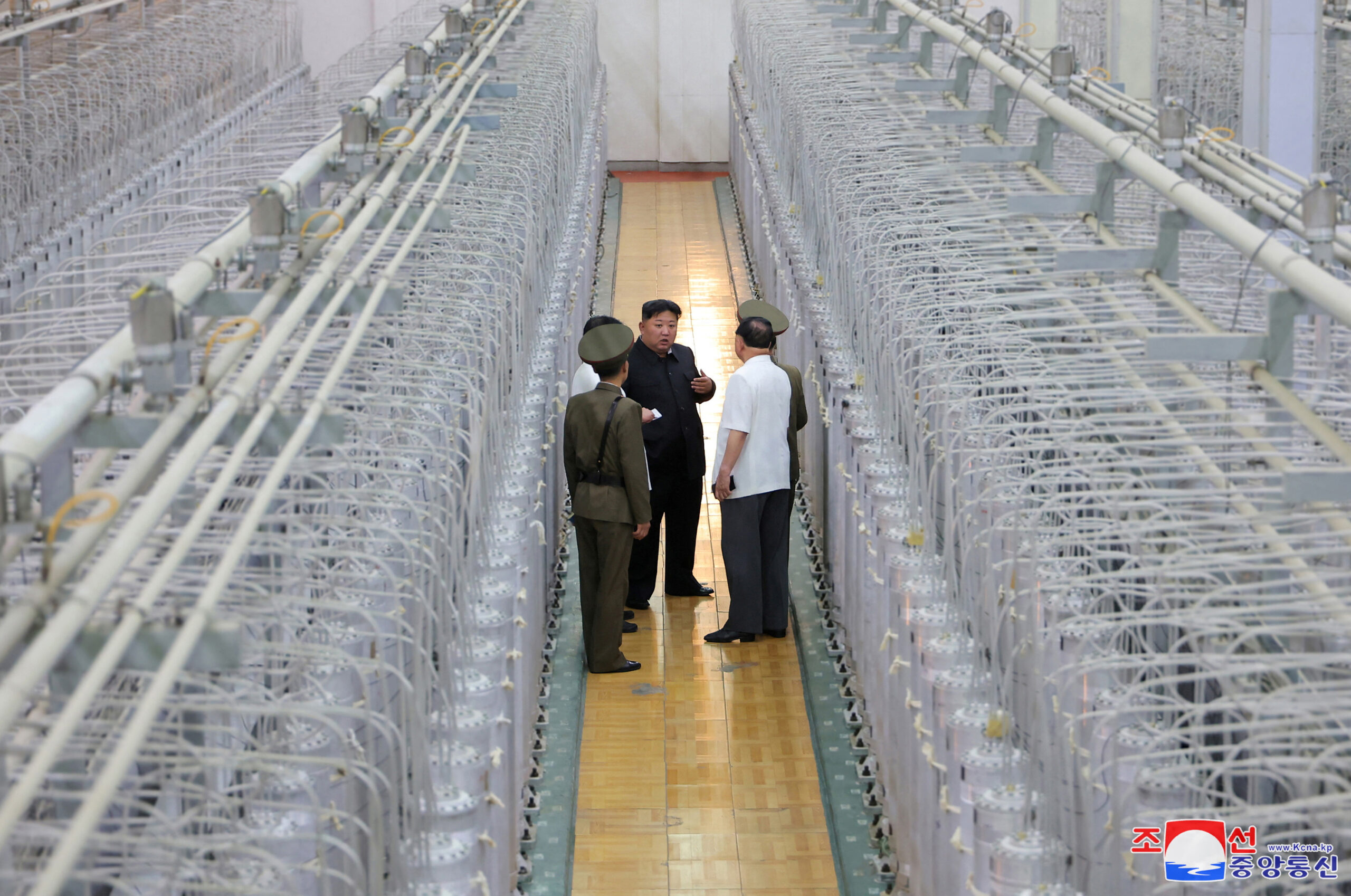Opinion by Linus Höller* Title image by Reddit user u/JLXuereb The world has entered a new era, and those clambering desperately to the way things were before are doing so in vain. Among the chaos and violence of the new world order in the making – one strikingly alike the Kremlin’s long-professed prediction of a…
By Linus B. Höller, MA Candidate in Nonproliferation and Terrorism Studies at the Middlebury Institute of International Studies at Monterey and the Moscow State Institute of International Relations. This paper was written as part of the graduate class “Science and Technology for Nonproliferation and Terrorism Studies” at MIIS. The life sciences module was taught by…
By Linus B. Höller. MA Candidate in Nonproliferation and Terrorism Studies at the Middlebury Institute of International Studies at Monterey and the Moscow State Institute of International Relations. This paper was produced as part of the “Strategic Export Controls” class taught by Prof. Robert Shaw at MIIS. Introduction North Korea, officially the Democratic People’s Republic…
By Linus B. Höller[1] Header image: Far-right protesters rally in Berlin in August of 2020. The imperial flag is used as a non-prohibited symbol of Germany’s perceived “glorious past.” Photo: Linus Höller/TWU Introduction and Definitions Germany inhabits a unique place in the world of the far right. On the one hand, it was the implementer…
Linus Höller,Northwestern University[1] First published 2023 June 7 Abstract Landlocked, mountainous countries, although scattered around the globe, share a unifying set of geographical features and are impacted by climate change in similar ways. Yet the concerns of mountain countries find relatively little international recognition, including in international environmental and climate change negotiations, owing in part…
For the first time in 42 years, a U.S. nuclear-armed submarine has arrived in South Korea. Pyongyang has fired missiles in anger but more importantly, the South has backed down from developing its own nukes – for now.
By Linus Höller The foreign ministers of traditionally neutral Austria and Switzerland officially declared their intent to join the German-led “Sky Shield” air defense alliance Friday. The move has reignited debates about what it means to maintain neutrality and is likely to draw criticism from France and Italy for its reliance on American — rather…
Severe storms swept across much of the central United States on March 31st, killing at least 33 people, injuring over 211 more and causing significant property damage, including leaving over 766,000 customers without electricity. While outbreaks of this sort are not unheard of, some scientists are warning that it could be a symptom of broader trends in severe weather – including more tornadoes in the Chicago area – as human-induced climate change upsets global weather patterns.
Linus Höller, Northwestern University[1] First published March 13, 2022 Russia’s invasion of Ukraine has fundamentally changed the security architecture of Europe and shown that wars of aggression are not a thing of a bygone era but continue to be a possibility in the modern, nuclear world. Along with the repercussions for international relations, however, the…
This fall promises to be crucial for the future of Bosnia, a country torn by ethnic tensions, a breakaway republic and rampant corruption. Ahead of general elections and an important United Nations vote, I visited this country at the heart of the Balkans to learn more about the struggles it faces – and how the…







